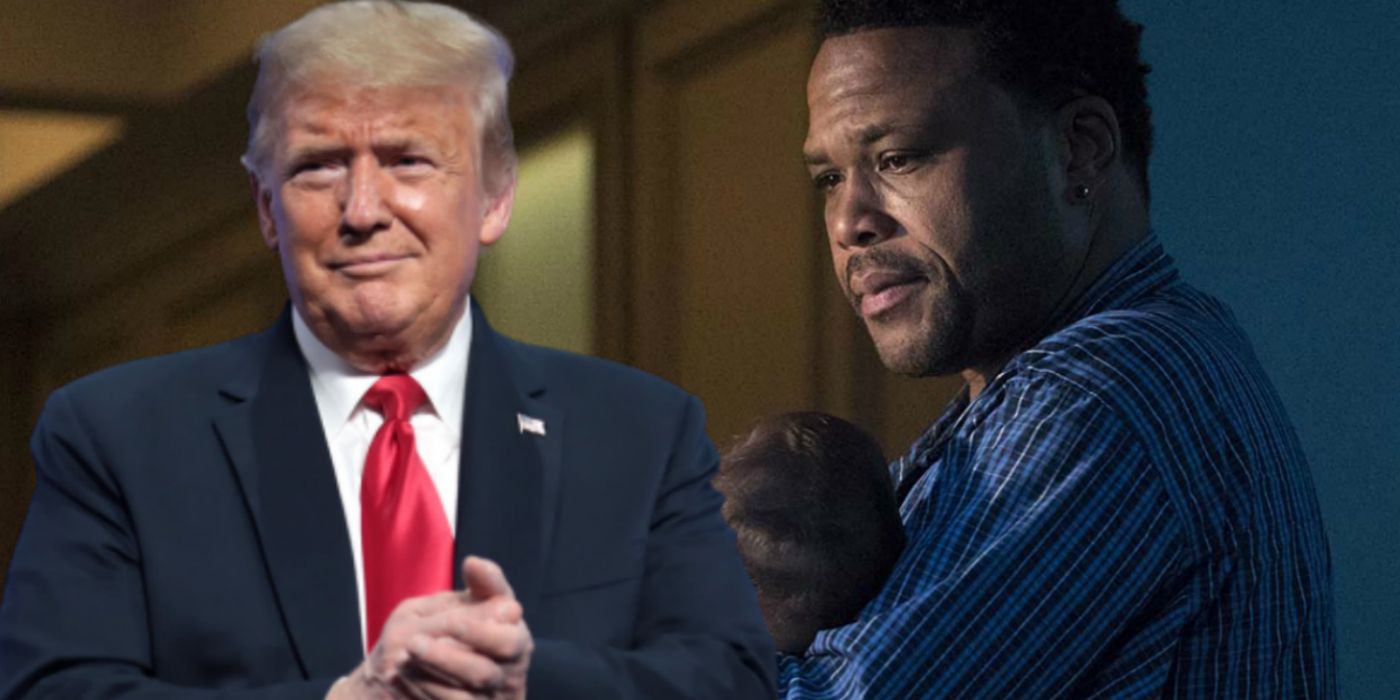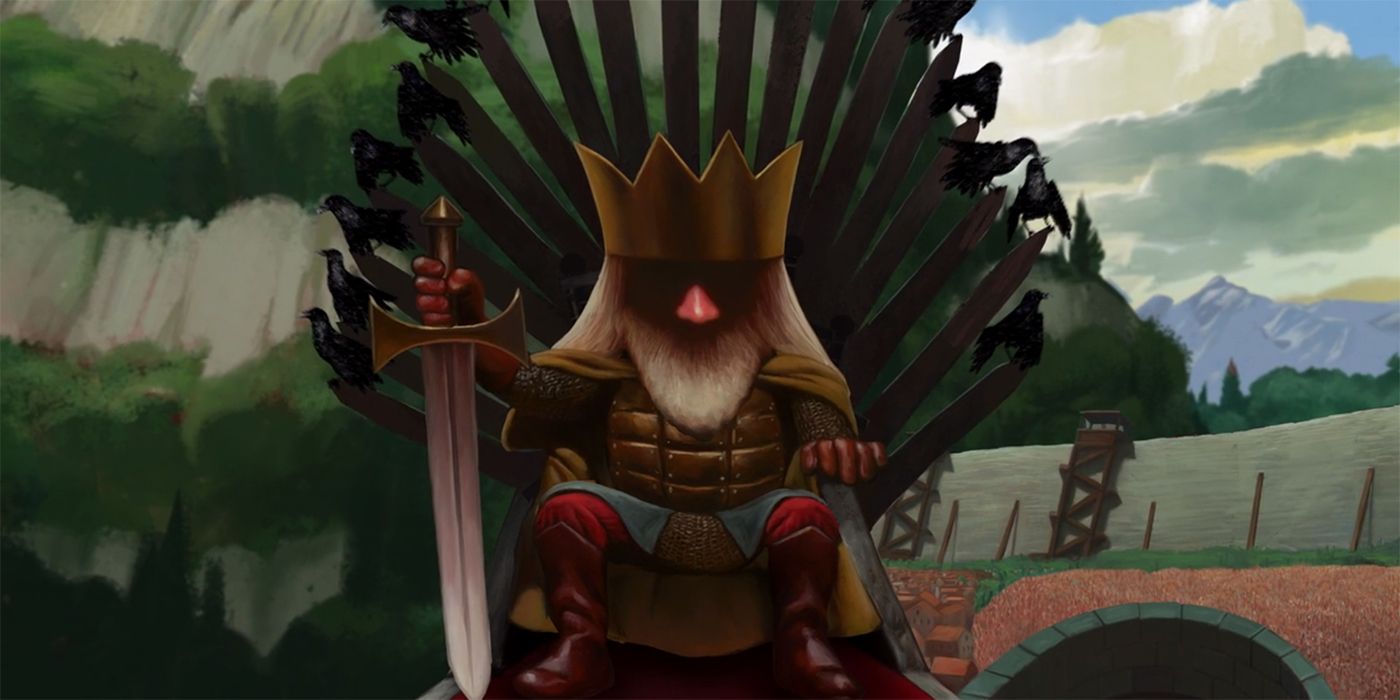What happens in the Black-ish episode focused on Donald Trump, and why is it so controversial? Created by Kenya Barris, the ABC sitcom centered on an upper middle-class Black family has regularly tackled political and social issues. “Please, Baby, Please”, which is the title of the episode ABC decided to pull, would have been no different.
Days before “Please, Baby, Please” was scheduled to hit the airwaves, on February 27, 2018, the episode was shelved. At the time, ABC entertainment president Channing Dungey only said that the network and Black-ish’s writing team couldn't come to an agreement about the episode. This incident would have lasting implications, as it led to Barris exiting ABC and ultimately moving to Netflix. Well over two years after it was scheduled to release, Barris announced that an agreement had been reached to release the episode on Hulu. So, what was all the fuss about?
“Please, Baby, Please”, which is co-written by Barris and Peter Saji, takes its name from the children’s book by Spike Lee and his wife Tonya Lewis Lee. The story begins with Dre (Anthony Anderson) trying to get baby Devante to sleep during a stormy night. Dre tries to read a few bedtime tales to the baby, including the book by the Lees. When that fails, however, a distressed Dre tries to explain the election of Donald Trump to Devante. He refers to Trump as The Shady King, which comes complete with a cartoonish illustration, and he blames Trump for dividing people and stoking discontent between different groups. Dre also sees Trump’s presidency as a backlash against the election of Barack Obama as the first Black president.
The political thread runs through the episode. Dre briefly chats with Pops (Laurence Fishburne) about the difference between White pride and Black pride. As explained by Pops, while footage of white supremacists fills the screen, Black pride emerged as an uplifting response to relentless and brutal oppression. White pride, he says, is like boasting about being rich and beautiful. Later, Dre runs into his son Andre Jr. (Marcus Scribner). Andre confesses to his father that he’s not sure if he agrees with the kneeling protests of Colin Kaepernick and other athletes, because it might offend the troops, but he’s adamant that it’s their right to protest. Near the end of the episode, Dre has a chat with two of his younger kids about the dangers of climate change. Some jokes about America’s voting system are also thrown in.
It’s hard to imagine just what about “Please, Baby, Please” gave ABC, and its parent company of Disney, such pause. Trump is indeed criticized, for enabling and exploiting bigotry and for wanting to create a wall between the U.S. and Mexico. He’s also dinged for standing in the way of climate change policies and for being a narcissist. Obama’s administration is called out as well, for its reliance on drones as a military tactic. Tellingly, the episode generally seems to have some degree of sympathy with Trump votes who were alarmed by the pace of social change in the Obama years with regards to LGBTQ+ rights. Overall, as the scene delving into Kaepernick’s protests make clear, the episode goes to pains to highlight opposing views.
The episode even ends on a positive note, with Dre believing that what unites people is stronger than the issues that divide them. In an era where Roseanne, which also aired on ABC, was explicitly marketed as a show with a political viewpoint, the decision to shelve “Please, Baby, Baby” in the first place is perplexing. Charitably, perhaps the network got cold feet because Black-ish had already waded into the intersection of race and politics with previous episodes like “Hope” and “Juneteenth.” In the end though, the worst thing said about Trump in the Black-ish episode is that some of his policies and traits are bad. Compared to what is said about him in other scripted shows, The Good Fight, for example, it’s fairly mild stuff.


